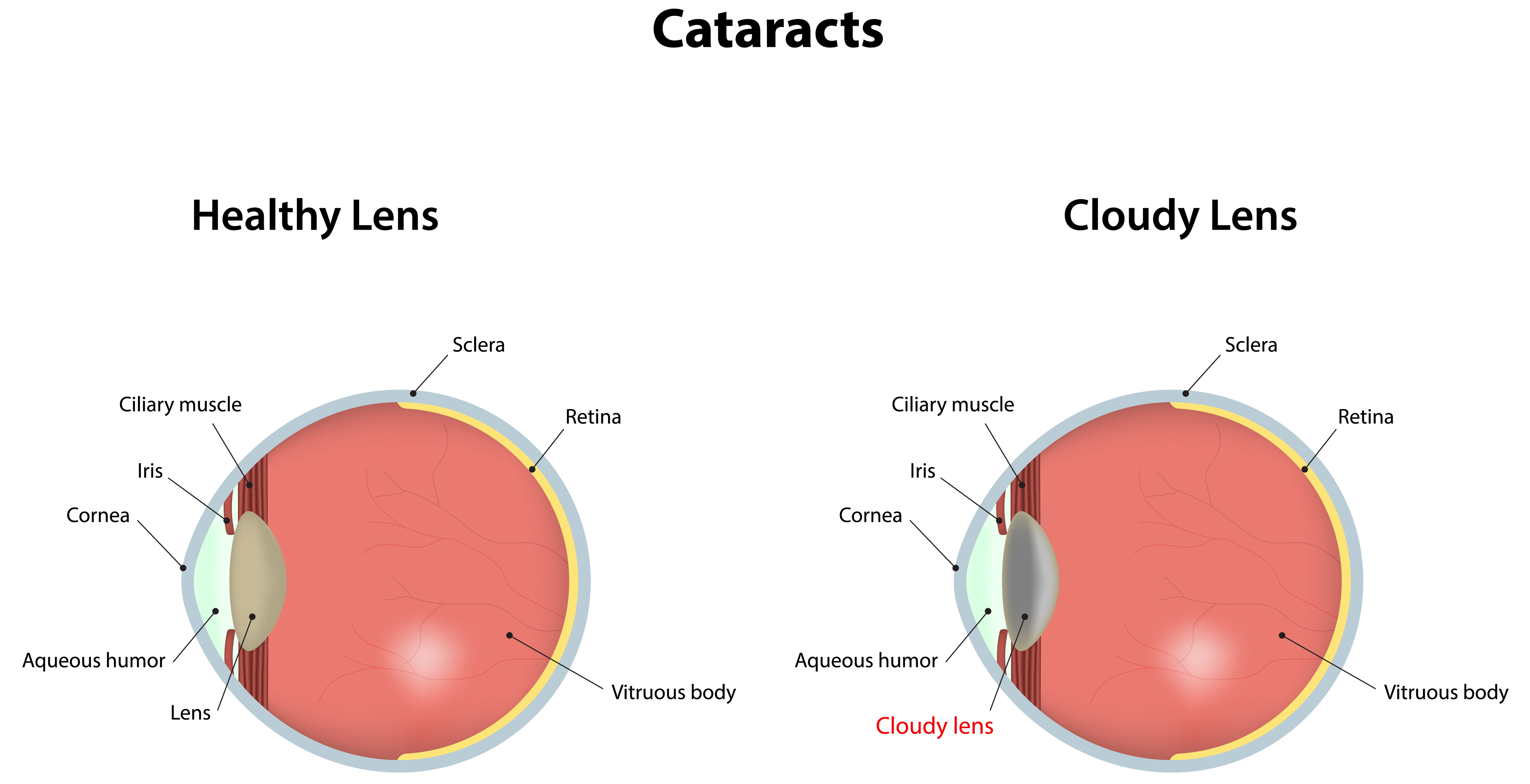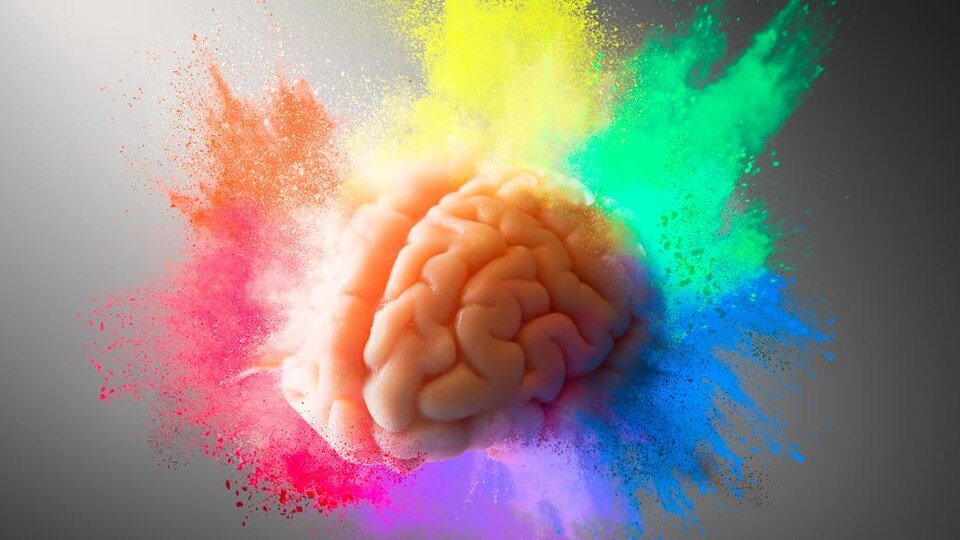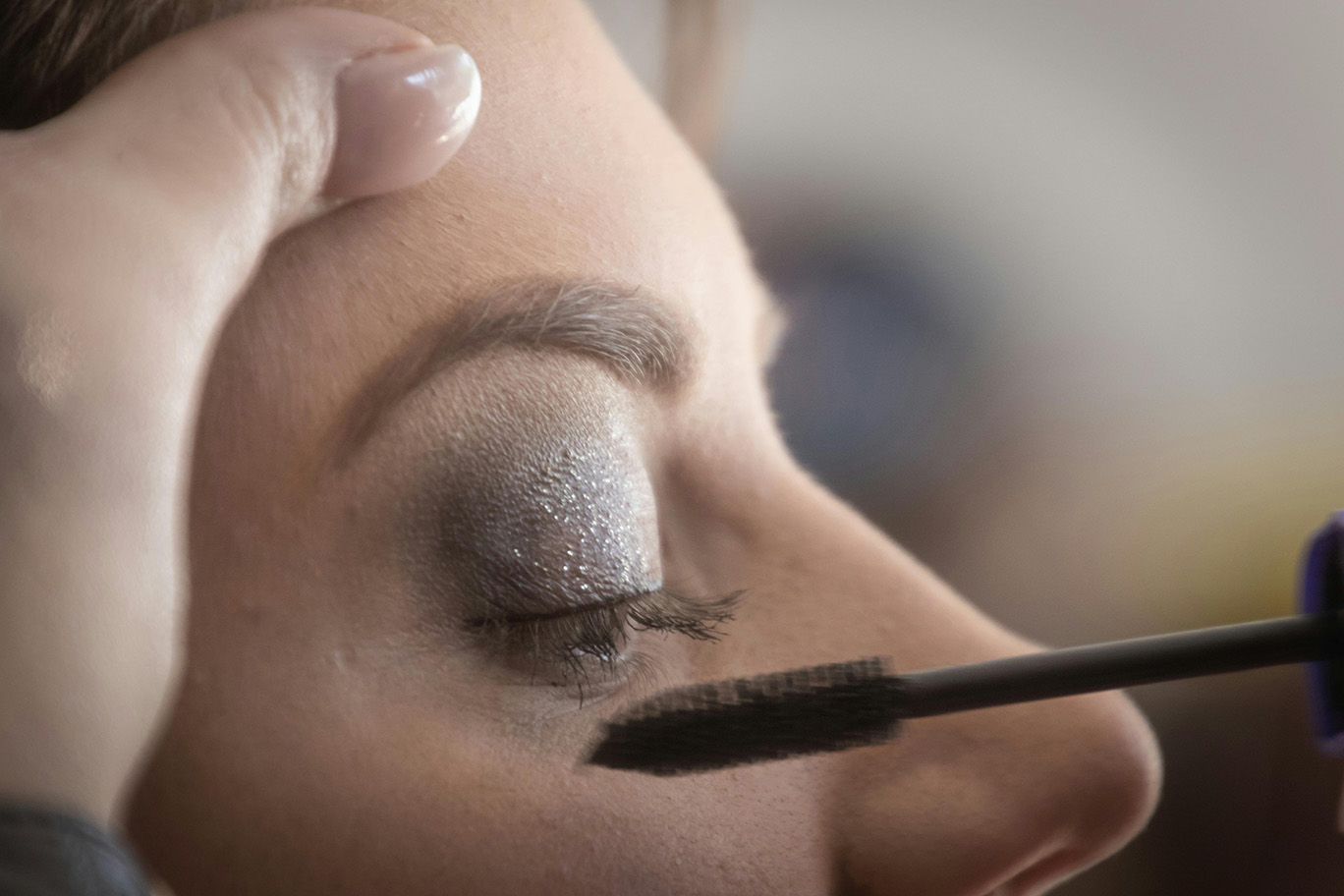Blog

Cataract Awareness Month
Posted: 24/06/2022
Cataracts are one of the most common causes of vision loss in the UK and can severely affect people’s independence and quality of life. They’re usually caused as result of aging and tend to affect people aged 65+, although it is not uncommon to develop them earlier. In fact, very occasionally babies are born with cataracts and all babies are checked for this within a few days of birth. Cataracts occur when proteins in the lens of the eye break down and stick together, which leads the lens to develop cloudy patches and become harder to see through.
Most cataracts develop gradually and get worse over time, and it may be months – or even years – before someone notices a significant change in the quality of their vision.
Symptoms of cataracts:
Some of the common issues that can be caused by cataracts include:
- Blurry or misty vision
- Glare around car headlights
- Colours looking less vivid
- Difficulty seeing in low light
- Sensitivity to bright light
- Glasses don’t seem to improve vision as much as they used to

Luckily, cataracts are relatively easily dealt with. To begin with, if only mild visual difficulties are experienced, specific tints, UV blocks and anti-glare filters can help along with ensuring you have good lighting in your home environment which may mean investing in good reading lamps with daylight bulbs. Wearing a peaked hat can also help on bright days outdoors. It is also vital to make sure your glasses are kept up to date as your vision may change more quickly than previously. If you think you are not seeing as well through your glasses, book in for an eye examination even if it is not that long since your last check-up.
If the cataracts have progressed such that surgery is indicated, your optometrist will discuss this with you and may give you some information to take away to read. Surgery is available on the NHS as well as privately and it is a quick procedure only necessitating a few hours at the hospital. The surgery itself will usually only take 15 minutes or so and is a painless procedure.
For more information about cataracts click here.
< Back




